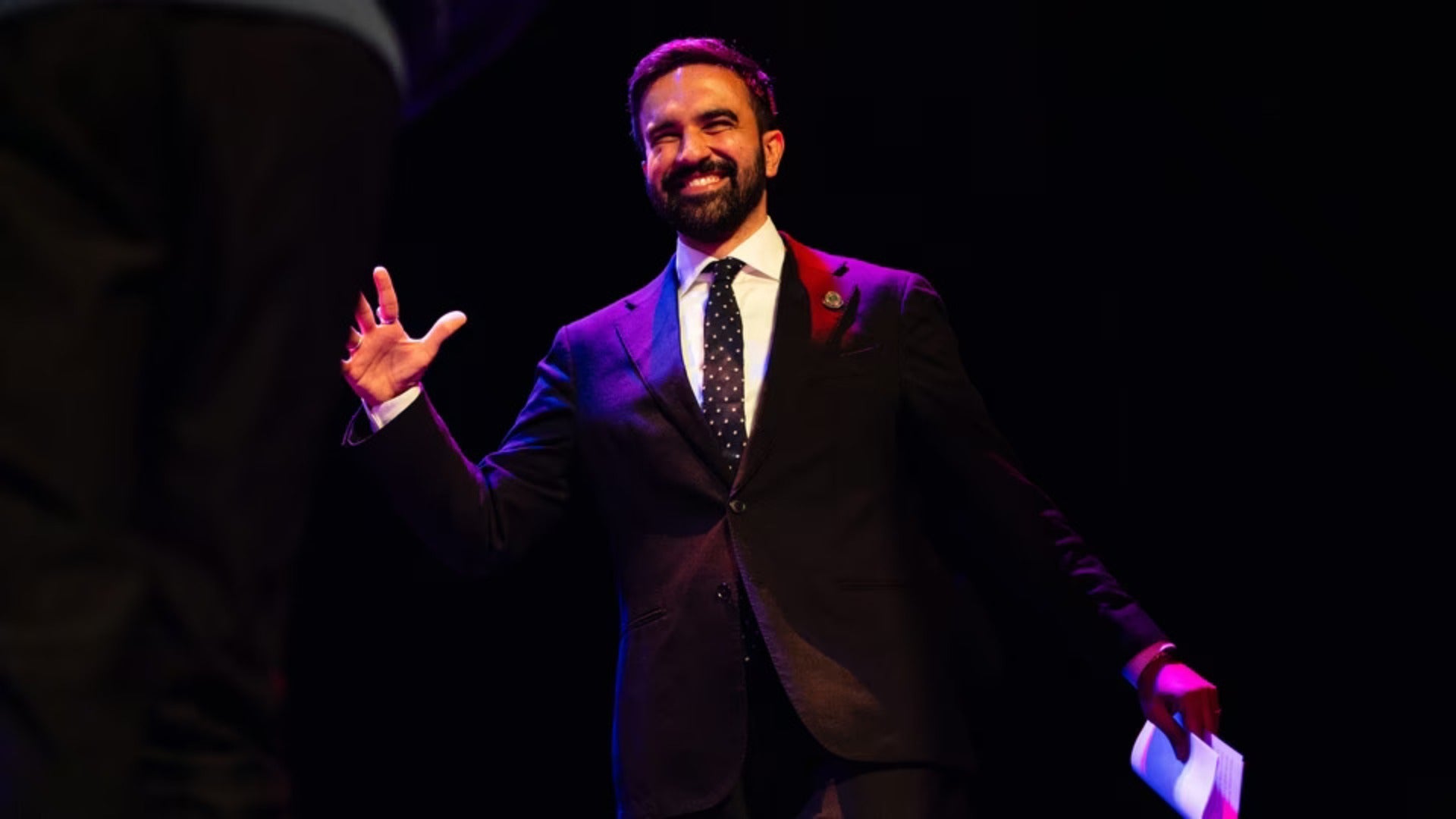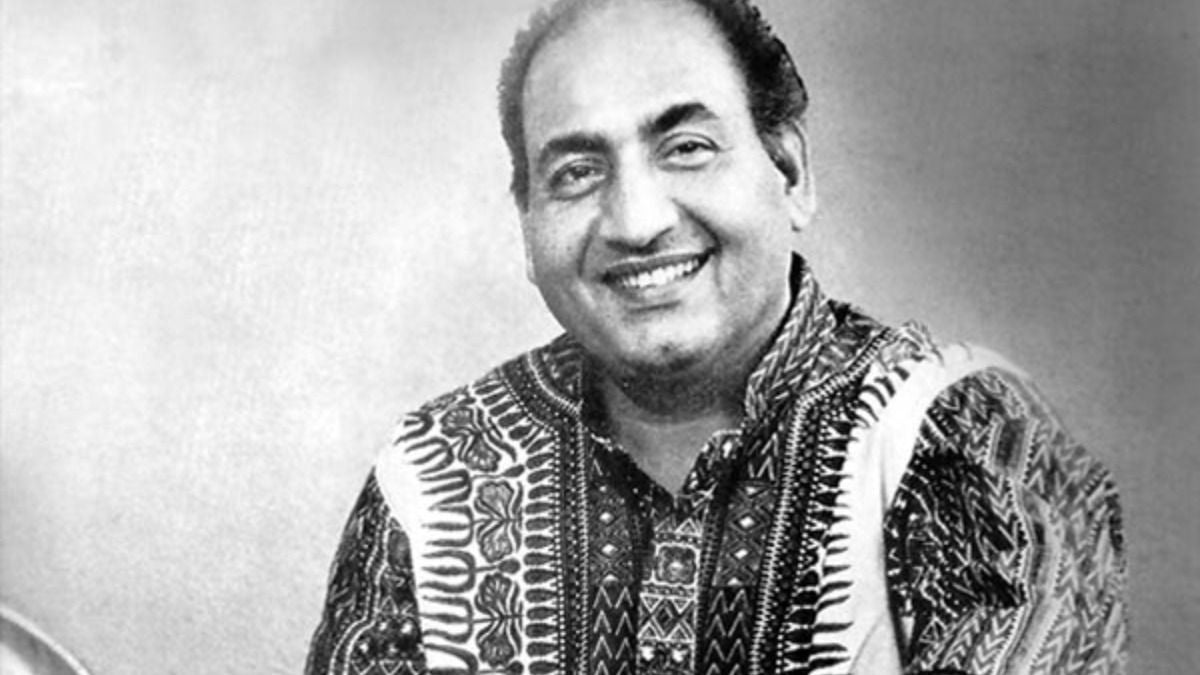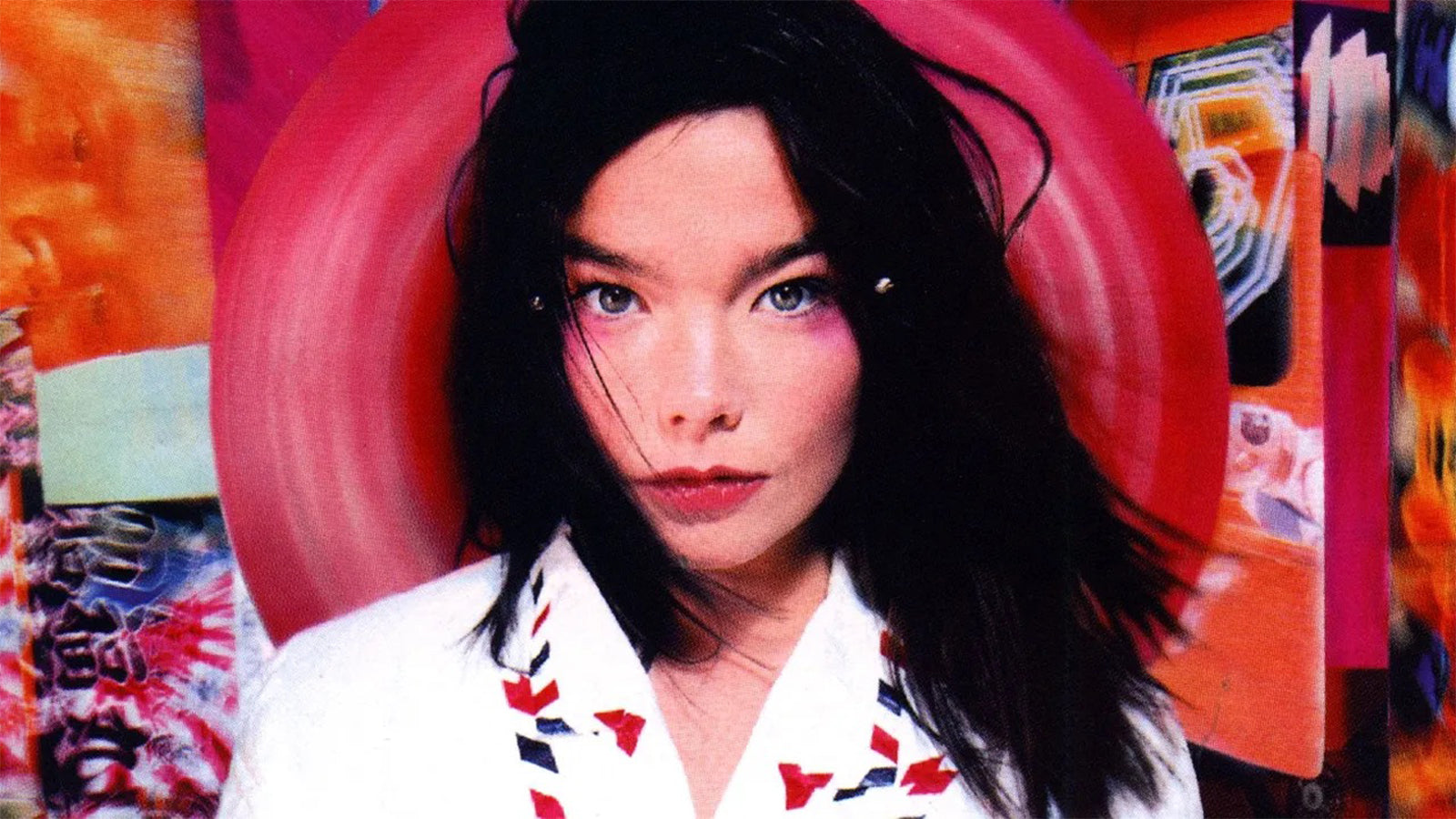New York Flow: Zohran Mamdani's Journey From Underground Rap To City Hall

In one of the most striking political upsets in recent memory, Zohran Mamdani was elected mayor of New York City on November 4, 2025, securing just over 50 percent of the vote and defeating Andrew Cuomo and Curtis Sliwa. His win made him the city’s first Muslim mayor, its first of South Asian descent, and the youngest in more than a century.
But what makes his story compelling is less the politics and more the prelude: his years as a multilingual, culture-inflected rapper performing under names like Young Cardamom and Mr. Cardamom. That musical chapter offers a sharp lens through which to understand his sense of identity, organising, and the city he now leads.
New York, the birthplace of hip-hop, has long been a city where art and politics converge. In that lineage, Mamdani’s rap past feels less like an anomaly and more like inheritance. His career began in the mid-2010s alongside his friend Hussein Abdul Bar, releasing tracks that blended humor, language, and diasporic memory. Their song “Kanda (Chap Chap)” played on East African slang and South Asian food references; their 2016 EP Sidda Mukyaalo, featuring six songs in six languages - translated to “no going back to the village” in Luganda.
Mamdani drew influence from the absurdist humour of groups like Das Racist, balancing wordplay with commentary on migration and class. He described himself as a “C-list rapper,” which afforded him freedom — to experiment, to fuse languages, to discover his voice. In one 2019 video, “Nani,” actress and food authority Madhur Jaffrey appeared as his grandmother in a street-food cart.
The shift from Mr. Cardamom to Mayor Mamdani looks abrupt only on paper. His music was always about identity, translation, and belonging—themes that now define his politics. Hip-hop taught him to speak across difference, to build coalitions out of shared tempo rather than shared background. That’s a skill New York has always rewarded.




Comments
THANK YOU JETWEBHACKERS — 17 hours ago
FINALLY I GOT MY LOST BITCOIN BACK ALL THANKS TO JETWEBHACKERS
Hello everyone I want to use this Medium to say big thank you to JETWEBHACKER for they helped me recover my stolen crypto worth $250,000 through their hacking skills I tried it I was skeptic but it worked and I got my money back, I’m so glad I came across them early because I thought I was never going to get my money back from those fake online investment websites . You can also contact them by Email address ; jetwebhackers @gmail. com
AMY KENDRAL — 20 hours ago
Definitely and totally cured of herpes virus by Doctor Razor’s Quick cure for Herpes. My Sincere Gratitude to Dr Razor, I was infected with HERPES SIMPLEX VIRUS 2 November 13 2018, I went to many hospitals for cure but there was no solution, I was confused because the medical drugs has become my daily food, but i decided to sort after Natural Herbs. One day I sat beside the pool, Browsing and thinking where I could get a solution to end this predicament. I saw a blog on how Herbalist Razor cured people with his herbal medicine, I did not believe it but I just decided to give him a try, Visit Doctor’s Razor WebPage and being satisfied. I contacted him and he prepared the herbs for me which I took, and he instructed me to go for a check up, after the test I was confirmed with herpes negative, I am so happy. . This testimony serves as a token of my gratitude.
He renders Treatment for :
HIV/AIDS
COLD SORE,
SHINGLES,
CANCER,
HPV,
ASTHMA,
IMPOTENCE,
BARENESS/INFERTILITY P*NIS ENLARGEMENTSPELL TO BRING EX LOVER BACK.
You Could Also Reach out to him directly, kindly contact him now with his Email: drrazorherbalhome@gmail.com or WhatsApp/Telephone +2349065420442
MRS DEJANA IVICA — 1 day ago
TANGIBLE INFORMATION ABOUT LOAN PLANNING… THIS HAPPY NEW YEAR..
This is not a normal post that you see every day on the internet where people give fake reviews and false information about excellent financial assistance. I am aware that many of you have been scammed and that fake agents have taken advantage of those seeking loans. I will not call these normal reviews, I will call this situation where I live a witness to how you can get your loan when you meet the company’s requirements. It really does not matter if you have a good credit rating or government approval, all you need is a proper ID card and a valid IBAN number to be able to apply for a loan with an interest rate of 3%. The minimum amount is 1000 euros and the maximum amount that can be borrowed is 100,000,000 euros. I give you a 100% guarantee that you can get your loan through this reliable and honest company, we operate 24 hours online and provide loans to all citizens of Europe and outside Europe. They sent me a document that was checked and tested before I got the loan, so I invite anyone who needs a loan to visit them or contact them via email: michaelgardloanoffice@gmail.com
WhatsApp for Europe: +38591560870
WhatsApp for USA: +1 (717) 826-3251
After you contact them, let them know that Mrs. Dejana Ivica from Zagreb gave you the information. Seeing is believing and you will thank me later when you get a loan from them. I made a promise that after I get a loan from them, I will post the good news to everyone online. If you have friends or relatives, including colleagues, you can tell them about this offer and that it is happening.
Christopher William —
DR UYI has done it for me, His predictions are 100% correct, He is real and can perform miracles with his spell. I am overwhelmed because I just won 336,000, 000 million Euro from a lottery jackpot game with the lottery number DR UYI gave me. I contacted DR UYI for help to win a lottery via Facebook Page DR UYI, he told me that a spell was required to be casted so that he can predict my winning, I provided his requirements for casting the spell and after casting the spell he gave the lottery numbers, I played and won 336,000,00 euros. How can I thank this man enough? His spell is real and like a God on Earth. Thank you for changing my life with your lottery winning numbers. Do you need help to win a lottery too? contact Dr UYI via drzukalottospelltemple@gmail.com OR WhatsApp on +17174154115
Natasha J. Chapa —
i’m so happy i was able to clear all my debts with the $67,800 bank wire transfer i got from jetwebhackers@gmail.com, they saved me and my family from poverty. they are using this means to eradicate poverty.
You can contact them via
jetwebhackers@gmail.com
whatsapp:+17633572250
Natasha J. Chapa —
i’m so happy i was able to clear all my debts with the $67,800 bank wire transfer i got from jetwebhackers@gmail.com, they saved me and my family from poverty. they are using this means to eradicate poverty.
You can contact them via
jetwebhackers@gmail.com
whatsapp:+17633572250
Natasha J. Chapa —
i’m so happy i was able to clear all my debts with the $67,800 bank wire transfer i got from jetwebhackers@gmail.com, they saved me and my family from poverty. they are using this means to eradicate poverty.
You can contact them via
jetwebhackers@gmail.com
whatsapp:+17633572250
Tracy —
HIRING GENUINE HACKERS TO CONSULT RECOVERY SPECIALISTS
I want to sincerely thank Safeguard Recovery Expert for their extraordinary skill; they are real heroes, and I wish I had met them sooner rather than reaching out to other hackers for help. If you read this comment, you might be able to get your hacked or blocked bitcoin investment back. I’m posting it for anybody who have been affected by cryptocurrency investment, mining, and trading frauds.
Email:
safeguardbitcoin@consultant.com
Website: safeguardbitcoin.wixsite.com/safeguard-bitcoin—1
WhatsApp:
+39 (350)-976-(4936) //// +49 (1573) – (355)-(9226)